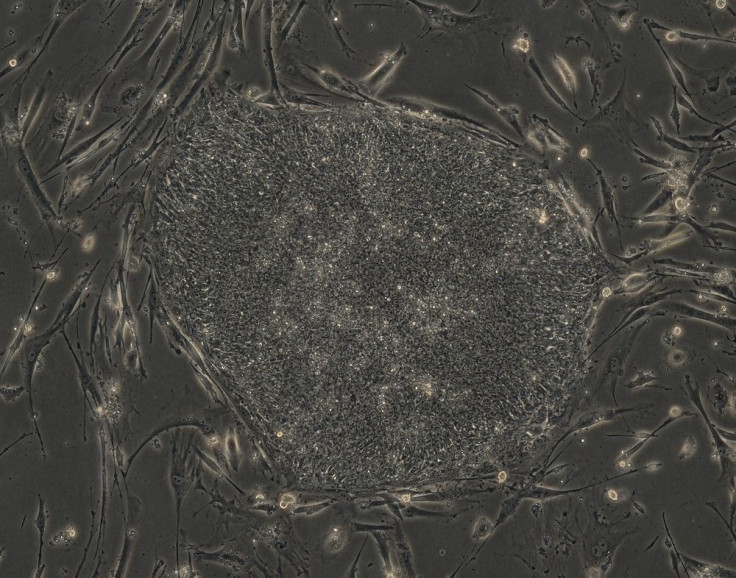The Netherlands OKs Growing Human Embryos for Research

Amid the furor raised by reports that American scientists are raising chimeras, or half-human, half-animal embryos, another country gave approval on Friday for researchers to grow human embryos.
The reason why the Dutch government allowed scientists to grow human embryos is that the country’s limited supply of leftover embryos from in vitro patients is fast depleting. However, the government said the human embryos could only be used for study in a limited number of fields, reports Reuters.
The government specifies the embryos could only be used for research related to infertility, artificial reproduction techniques and hereditary or congenital ailments. The government specifically includes people who became infertile after cancer treatment at an early age.
The target is helping with the treatment of diseases on the short to medium-long term. Dutch Health Minister Edit Schippers says the goal is to give people the possibility of healthy children, reports The Guardian.
The new rules likewise retains the 14-day rule that specifies the maximum time that human embryos could be kept in the laboratory is two weeks, after which it must be destroyed. The aim of that rule is to avoid the ethical debate is an embryo beyond two weeks is already a human being or a tissue sample.
It did not used to be a problem because technology then did not keep human embryos alive that long. However, in early May, British and American scientists, in two separate studies, reported on breaking previous record of keeping human embryos in petri dish for 13 days.
While Chinese researchers have claimed that they have modified the genomes of human embryos in 2015, Britain likewise initiated changes on its policy early this month when it granted the country’s first research licence to modify human embryos genetically.





















